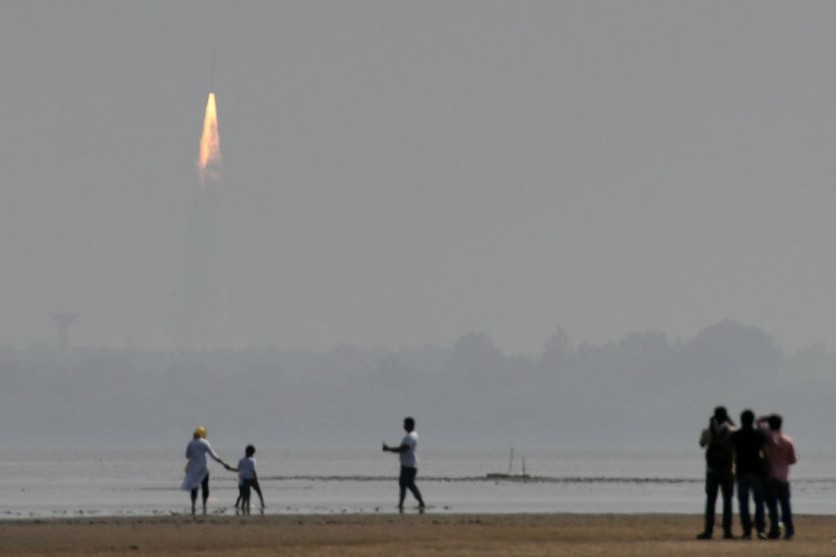India has achieved another milestone in its space exploration efforts with the successful launch of the X-ray Polarimeter Satellite (XpoSat), the country's first satellite dedicated to studying black holes.
All About the XpoSat of India
In an ambitious move, BBC reported that the Indian Space Research Organisation (ISRO) propelled the XpoSat from the Sriharikota spaceport at 09:10 local time on Monday.
This mission positions India as the second country globally, following NASA's similar initiative in 2021, to explore black holes and celestial entities using an astronomical space observatory.

Black holes are mysterious and fascinating cosmic objects resulting from massive stars' gravitational collapse. When a huge star exhausts its nuclear fuel, a supernova explosion occurs.
If the remaining core mass is above a certain critical value (about 2.5 to 3 times the mass of the Sun), gravity overwhelms all other forces, which causes the core to collapse into an incredibly dense and compact region known as a black hole.
Studying black holes has been a crucial aspect of astrophysics, providing insights into the nature of gravity, space, and time in extreme conditions.
Read Also : India's Historic Chandrayaan-3 Moon Lander May Be Dead for Good After Facing Harsh Space Environment
India's Space Objectives
The launch aligns with India's broader space objectives, which encompass the exploration of black holes and other celestial phenomena.
ISRO has strategically positioned itself to play a pivotal role in space exploration, recently achieving remarkable feats in lunar exploration and solar observation.
Earlier in August, India garnered international acclaim by becoming the first country to land a spacecraft on the Moon's south pole successfully.
Subsequently, in September, the nation launched a rocket dedicated to studying the sun, further enhancing its standing in space research. The XpoSat is engineered to undertake comprehensive research on black holes, providing invaluable insights into these enigmatic cosmic entities.
The satellite, with an estimated lifespan of five years and a cost of approximately 250 million rupees ($30 million), will contribute to expanding our understanding of black holes and advancing astronomical knowledge.
ISRO chairperson S Somanath expressed enthusiasm about the forthcoming developments, noting that 2024 is the targeted year for Gaganyaan readiness. The Gaganyaan project aims to send three astronauts into low-Earth orbit and safely return them after a three-day mission.
If successful, India will join the exclusive league of countries capable of launching manned missions, currently comprising Russia, the United States, and China.
India's commitment to space exploration is evident in its strides, with accomplishments ranging from lunar landings to solar studies. The launch of the XpoSat underscores the nation's dedication to advancing scientific understanding and contributing to the global exploration of the cosmos.
Related Article : Honor Returns to Indian Market with the Launch of the Honor 90 Series: Return to the 2nd Largest Smartphone Market in the World?

ⓒ 2026 TECHTIMES.com All rights reserved. Do not reproduce without permission.




